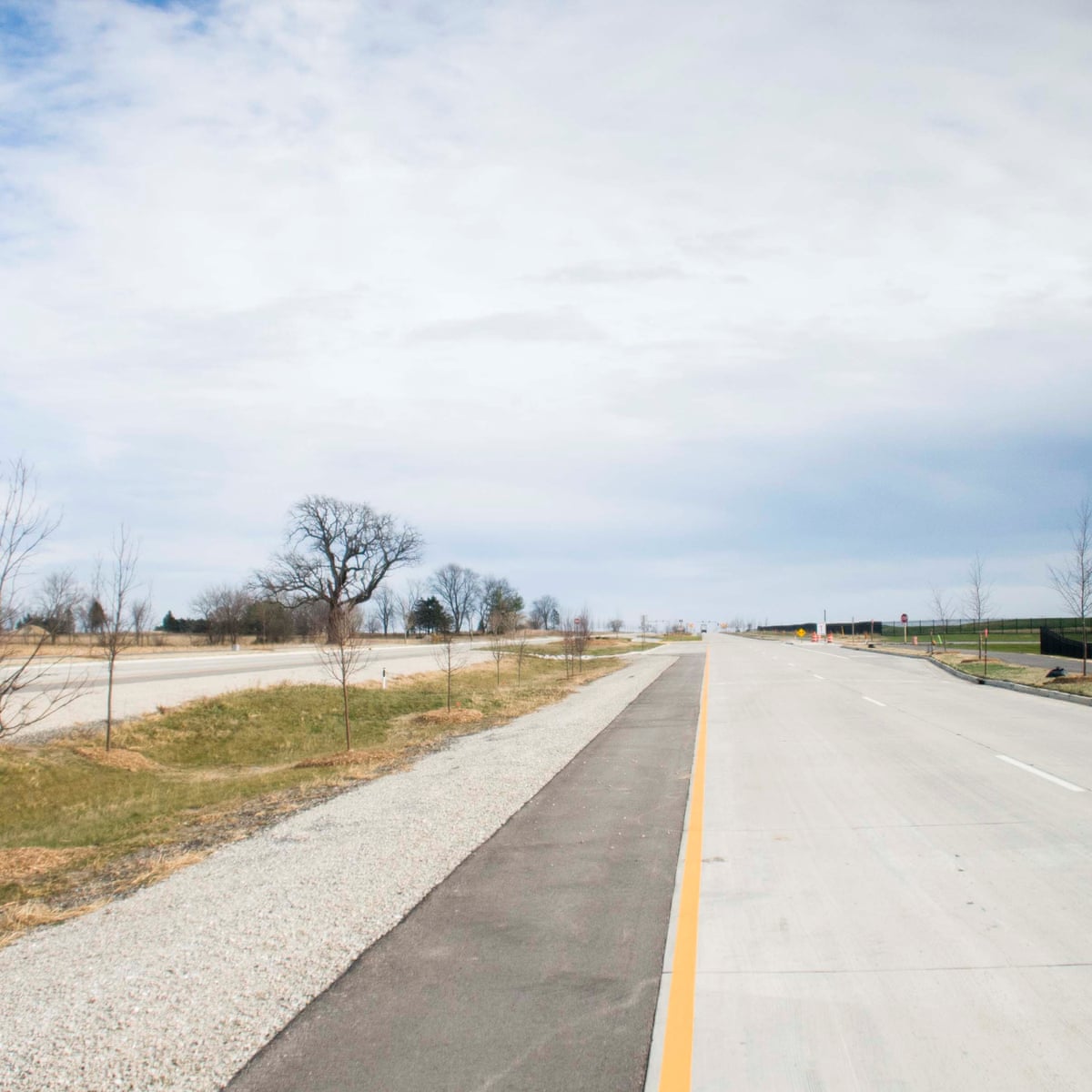- Joined
- Apr 28, 2015
- Messages
- 101,536
- Reaction score
- 91,087
- Location
- Third Coast
- Gender
- Male
- Political Leaning
- Liberal
(CNBC) More office space is being removed than added for the first time in at least 25 years
--
While this might otherwise seem like financial or real-estate news, I think it has far further implications. We have reached an epochal inflection point:
"We have gone from adding physical office space, to removing it"
I see this as a huge deal, and yet another example of how technology is reshaping society.
I noted this effect during the pandemic, and proclaimed:
"Many business orgs will realize there's no need for much of the added expense of having a physical office building for their employees"
My proclamation seems to have had at least some truth in it.
Now the good part: We can put those unused spaces to good use providing housing! This has been happening in my city for decades, first with the repurposing of industrial spaces (remember when everyone wanted a loft?), and now with the repurposing of office spaces.
There is one unfortunate aspect, though. The repurposing in my city tends to predominately result in higher-end housing. Not always stratospherically high priced - though it often enough is. But at minimal. the repurposed spaces are priced to the higher end of the market - or at least not the lower end.
As for my self, I'm happy to see so many of us enjoying the benefits of working at home. The quality of life improvements are fantastic, as well as the time savings and efficiency improvements. Ditto for the environmental improvement too (no commuting pollution!).
But a piece of me misses the excitement of being able to "go downtown", and be in a vibrant economic epicenter hub. That former epicenter, in my city at least, is becoming distributed.
--
More office space is set to be removed than added this year, shrinking the overall office footprint.
Office vacancies soared to a record high and still hover right around there at 19%.
--Developers also have another 85 million square feet of office space being readied for conversion in the next few years.
While this might otherwise seem like financial or real-estate news, I think it has far further implications. We have reached an epochal inflection point:
"We have gone from adding physical office space, to removing it"
I see this as a huge deal, and yet another example of how technology is reshaping society.
I noted this effect during the pandemic, and proclaimed:
"Many business orgs will realize there's no need for much of the added expense of having a physical office building for their employees"
My proclamation seems to have had at least some truth in it.
Now the good part: We can put those unused spaces to good use providing housing! This has been happening in my city for decades, first with the repurposing of industrial spaces (remember when everyone wanted a loft?), and now with the repurposing of office spaces.
There is one unfortunate aspect, though. The repurposing in my city tends to predominately result in higher-end housing. Not always stratospherically high priced - though it often enough is. But at minimal. the repurposed spaces are priced to the higher end of the market - or at least not the lower end.
As for my self, I'm happy to see so many of us enjoying the benefits of working at home. The quality of life improvements are fantastic, as well as the time savings and efficiency improvements. Ditto for the environmental improvement too (no commuting pollution!).
But a piece of me misses the excitement of being able to "go downtown", and be in a vibrant economic epicenter hub. That former epicenter, in my city at least, is becoming distributed.
Last edited:


